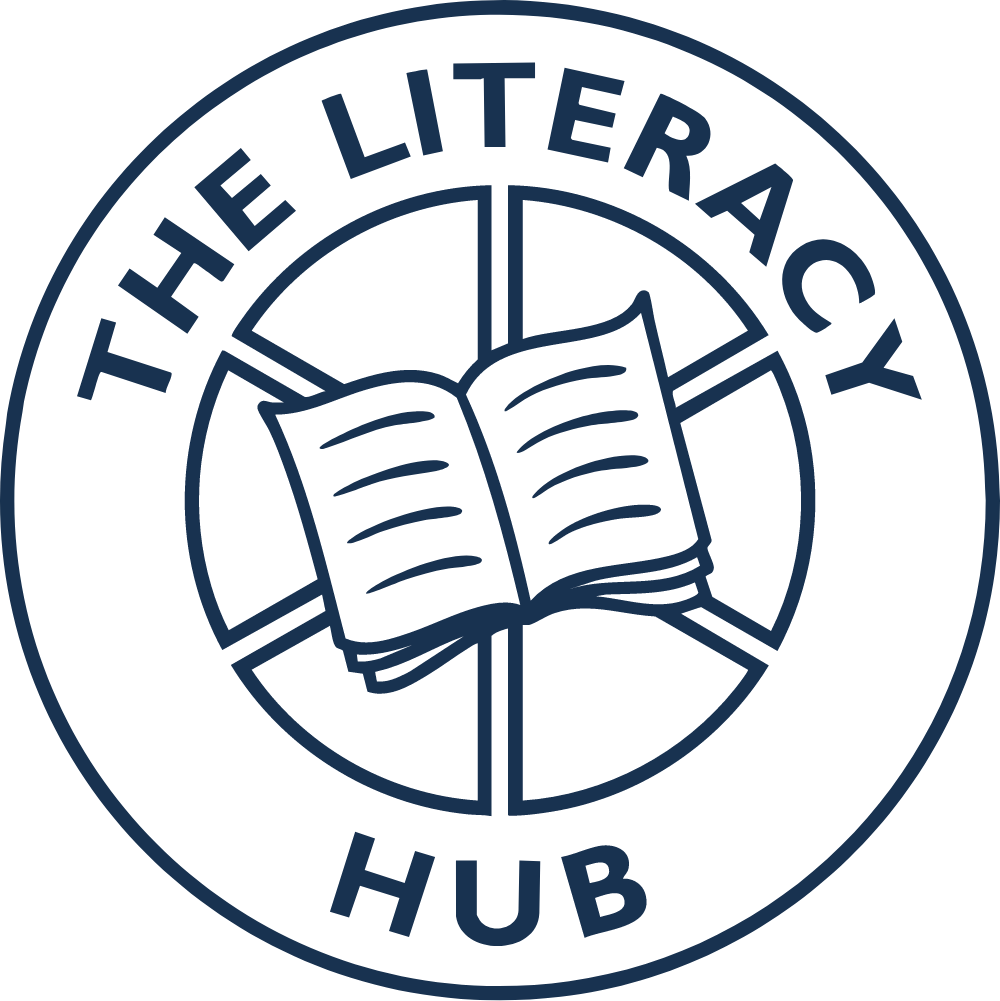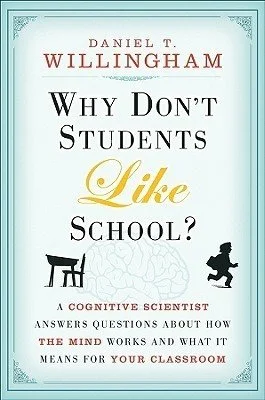Why Don’t Students Like School?
Why Don’t Students Like School?
by Daniel Willingham
If you’re not yet convinced about the relevance of cognitive science to teaching, read this.
It’s been around a while now (published in 2009), but Why Don’t Students Like School? has become something of a classic and it’s a great read. It’s the book that got a lot of educators interested in what cognitive science can tell us about how to teach.
Willingham’s style is both conversational and incredibly clear. The book is organised around nine principles that are supported by cognitive science research and have implications for how to teach effectively. Each chapter presents evidence and examples to support the principle, and then discusses how the principle can be applied (or, indeed, misapplied) to teaching. There are also suggestions for further reading.
The most well-known sentence from this book is probably the third principle “Memory is the residue of thought”. This beautifully-phrased little piece of advice is a fantastic guide to lesson planning and resource creation: What do I want my students to learn? What activities will make them pay attention to what I want them to learn?
The other principle that I’ve found particularly relevant to literacy intervention is “Proficiency requires practice”. We read to understand the meaning of a text. However, if our brain is struggling to decode words, there is no space left in working memory to think about meaning. For this reason, pupils need to achieve automatic recognition of words when reading, and this requires practice. The key question (posed by Willingham in his concluding chapter) is “How can I get students to practise without boredom?” Answering this question goes a long way towards designing an effective literacy intervention!
I re-read this book for the purposes of this review, and it was refreshing reminder of what should be at the heart of effective teaching. I’d recommend this to any educators who haven’t read it yet! For literacy teachers, I also highly recommend reading Willingham’s The Reading Mind (reviewed here).

